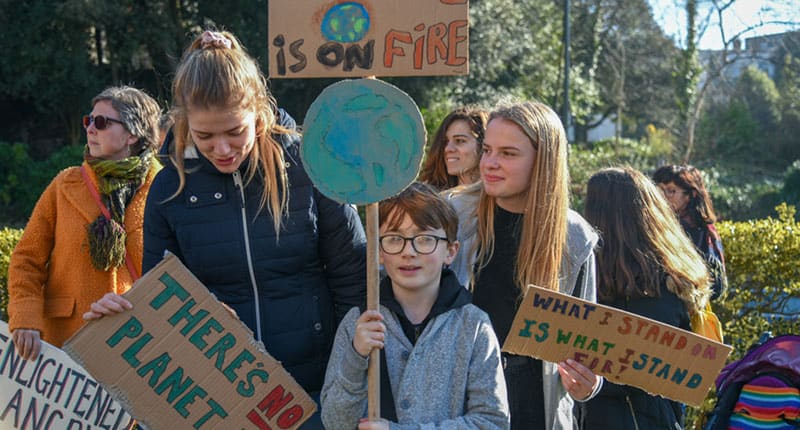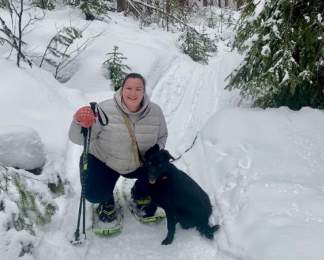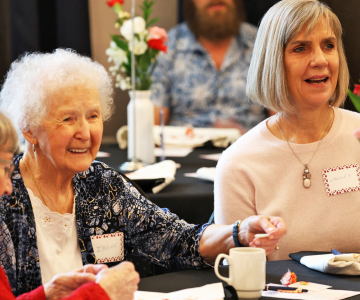The global climate is changing. On average, the temperature of the earth is rising. This is causing more extreme weather events such as the droughts, fires and floods that many of our communities have experienced this year. These changes affect natural and human environments (air quality, clean water and food sources) and also can have negative effects on our health.
The impacts on health from climate change are varied and will depend on where you live. They can include respiratory diseases, heart disease, heat-related illnesses, mental illness, malnutrition, infections and other illnesses. There are a number of things you can do to protect your health from issues related to climate change:
- Air quality: Check the Air Quality Health Index for your area. If it is poor, limit your outdoor activity and follow the other guidelines provided.
- Sun, heat and extreme temperatures: Stay covered, use sunscreen, stay hydrated, and watch for signs of heat-related illness during extreme heat events. Never leave children or pets unattended in the car.
- Food and water safety: Be aware of food recalls and boil water advisories in your area. This is important not just for drinking, but also food preparation, teeth brushing, etc.
- Insects and disease: Learn more about disease-carrying insect threats in your area (e.g. Lyme disease, West Nile virus) and take precautions.
- Fires, floods and other emergencies: In preparation for environmental emergencies, put together an emergency kit and evacuation plan. See Government of Canada’s Get Prepared website for tips.
Are you ready to be more proactive? You can limit the negative effects from climate change by reducing your carbon footprint or personal and workplace greenhouse gas (GHG) emissions. Here are a few things that can make a big difference:
- Consider “greening" your commute: try walking, cycling, carpooling or taking transit – it doesn’t have to be every day, but using alternate transportation even once in a while can make a difference.
- Reduce your energy use: switch off your computer, lights and other electronics when not in use.
- Waste less – want less: reduce what you use, re-use items and re-cycle.
- Go local: whenever possible buy local foods and local goods.
When you reduce your personal GHG emissions you’ll be helping to improve air and water quality in the short term. Over the long term, you’ll be helping to secure our water and food resources, reduce weather and temperature extremes, and help curb the spread of disease carrying insects. All of which will improve our health.














